Magnesium And Kidney Disease
Magnesium and kidney disease. The timing of magnesium supplement consumption may be important in the context of kidney stones. These numbers vary from time to time and you may check the ranges frequently. The role of Magnesium in Kidney Disease.
Thats because when you are not able to urinate your kidneys can no longer eliminate excess minerals like magnesium which can build up in your body. The kidney plays a major role in regulating the Mg balance. Thats right if the kidneys are badly damaged magnesium is not released.
In case of chronic kidney disease CKD renal regulatory. The ionized magnesium is that which is used by the body at the cellular level. Magnesium Intake and Impaired Kidney Function If your kidney function is impaired as is the case in chronic kidney disease and end-stage renal disease your body may.
Because these associations are independent of traditional risk factors other pathways might be involved in the relationship between magnesium deficiency and the risk of CKD progression. Because these associations are independent of traditional risk factors other pathways might be involved in the relationship between magnesium deficiency and the risk of CKD progression. Vascular calcification is a serious complication of chronic kidney disease but the current therapeutic strategy is insufficient for preventing its progression.
Magnesium Mg is an essential cation for multiple processes in the body. Those cases led to doctors giving blanket advice that patients should avoid magnesium if they have ANY level of kidney disease. 22 linhas In moderate chronic kidney disease CKD increases in the fractional excretion of magnesium.
Those with chronic kidney disease had both the highest levels of serum magnesium but the lowest levels of ionized magnesium. What is clearly needed are prospective randomized trials examining the question whether increased serum or cytoplasmic magnesium levels or a magnesium intake in amounts such as those provided by magnesium containing phosphate binders is beneficial or not in terms of hard outcomes in patients with CKD. In a healthy individual total-body Mg content is kept constant by interactions among intestine bones and the kidneys.
This is a stabilized ionic form of magnesium that is fully absorbed at the cellular level and therefore can be used by people with kidney disease. Magnesium plays so many important roles within the body and not getting enough magnesium is linked to a variety of different symptoms and conditions.
Accumulation of magnesium in the blood can cause muscle weakness but does not damage the kidney directly.
Thats right if the kidneys are badly damaged magnesium is not released. Magnesium is necessary for 80 of metabolic functions thats why everybody including people with kidney disease must have magnesium. Magnesium supplements also increase your chances of slowing down the progression of the deadly kidney disease. The ionized magnesium is that which is used by the body at the cellular level. The timing of magnesium supplement consumption may be important in the context of kidney stones. Thats because when you are not able to urinate your kidneys can no longer eliminate excess minerals like magnesium which can build up in your body. The role of Magnesium in Kidney Disease. Magnesium plays so many important roles within the body and not getting enough magnesium is linked to a variety of different symptoms and conditions. Ideally for someone with kidney issues youd want to be in the middle range or even a little higher on that range for magnesium as it has shown multiple protective benefits.
In fact lower serum magnesium levels and lower dietary magnesium intake are associated with an increased risk of incident CKD and progression to end-stage kidney disease. Because these associations are independent of traditional risk factors other pathways might be involved in the relationship between magnesium deficiency and the risk of CKD progression. Magnesium and kidney disease. In case of chronic kidney disease CKD renal regulatory. The timing of magnesium supplement consumption may be important in the context of kidney stones. Because these associations are independent of traditional risk factors other pathways might be involved in the relationship between magnesium deficiency and the risk of CKD progression. Studies show that magnesium deficiency in people with CKD is associated with a more.

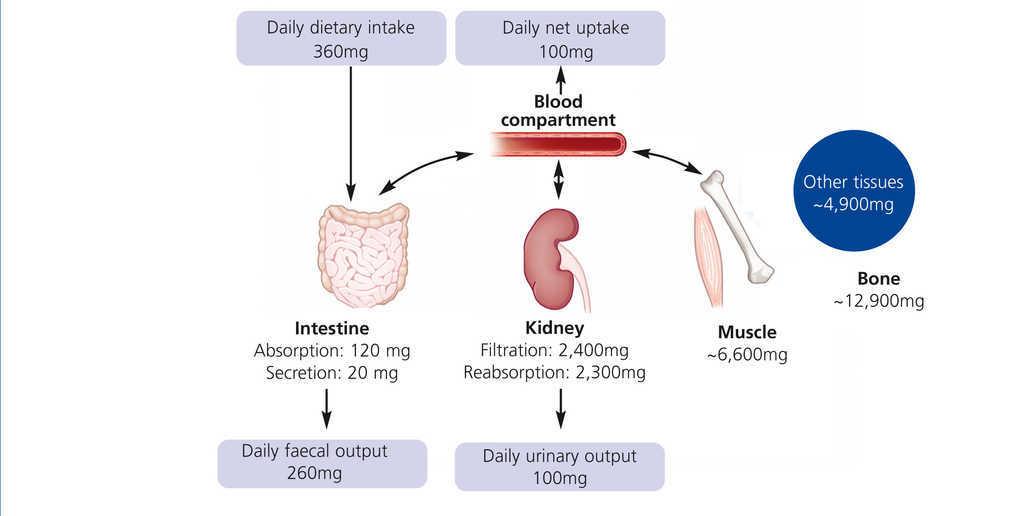

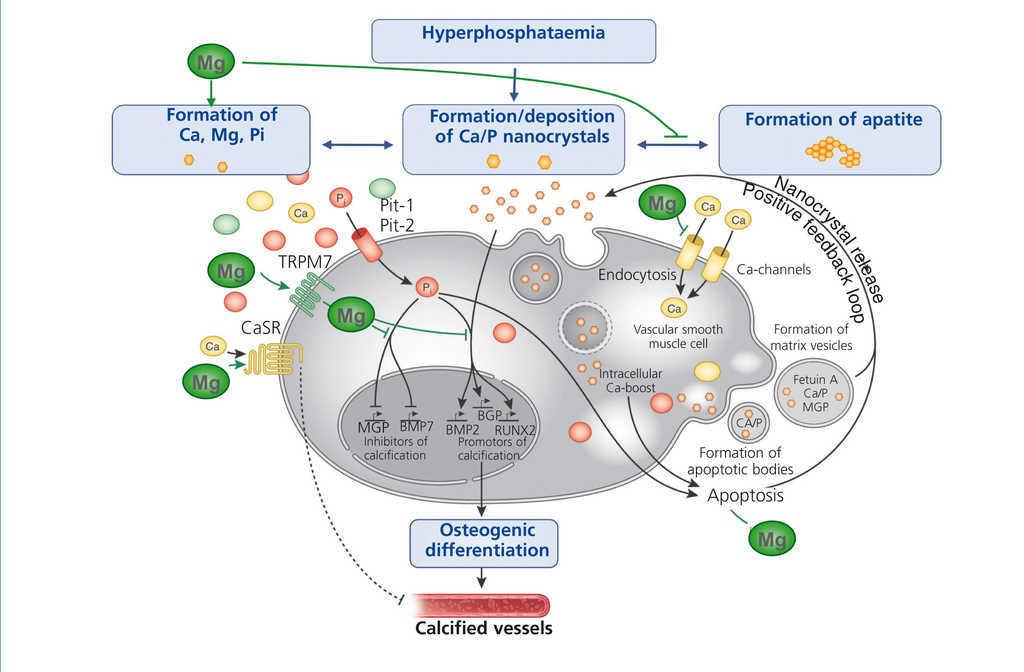

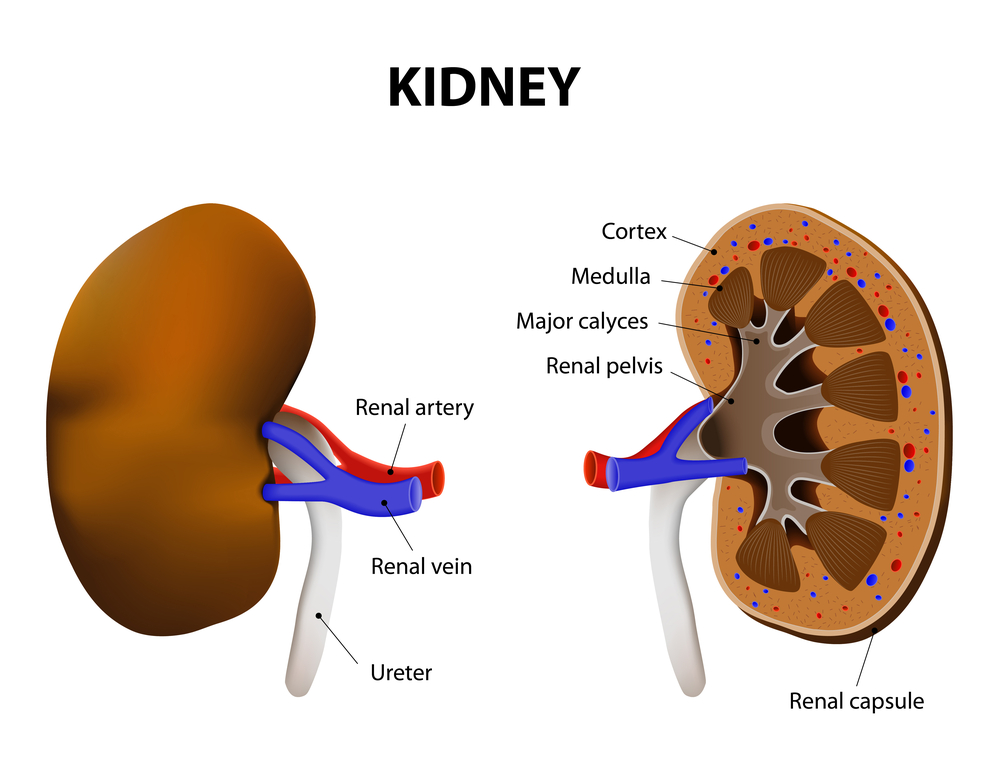



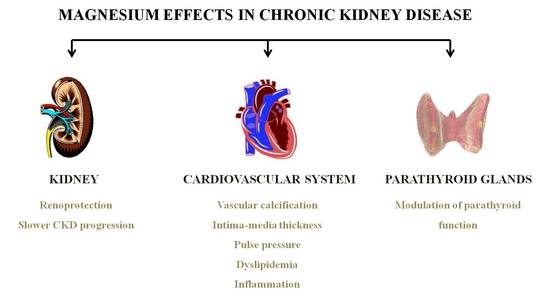

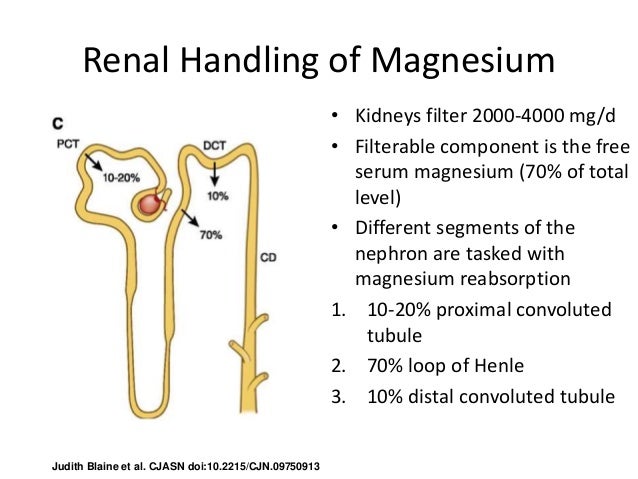
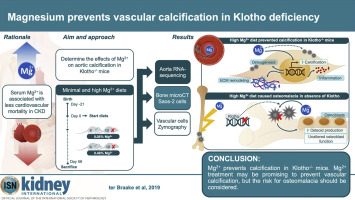





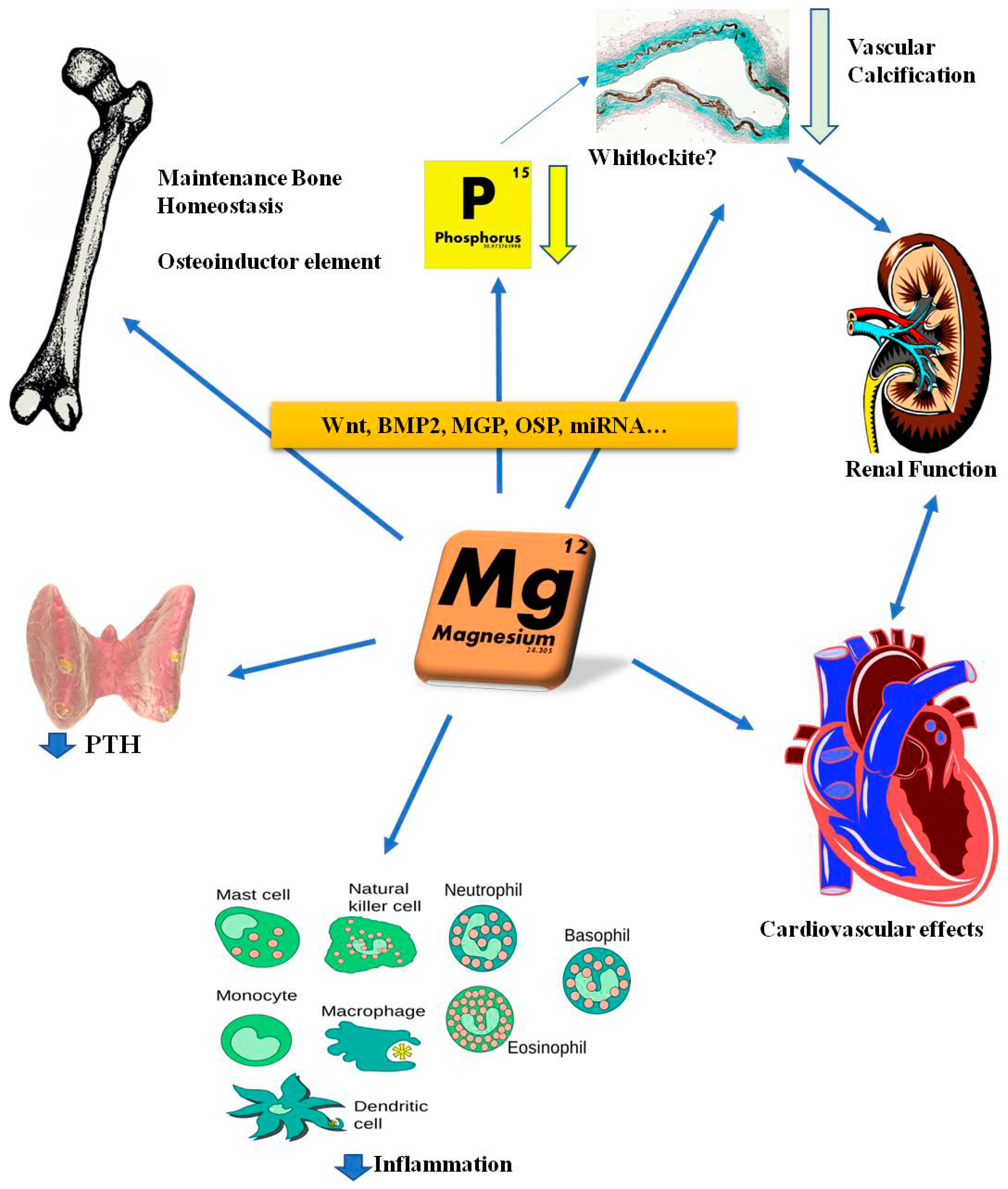










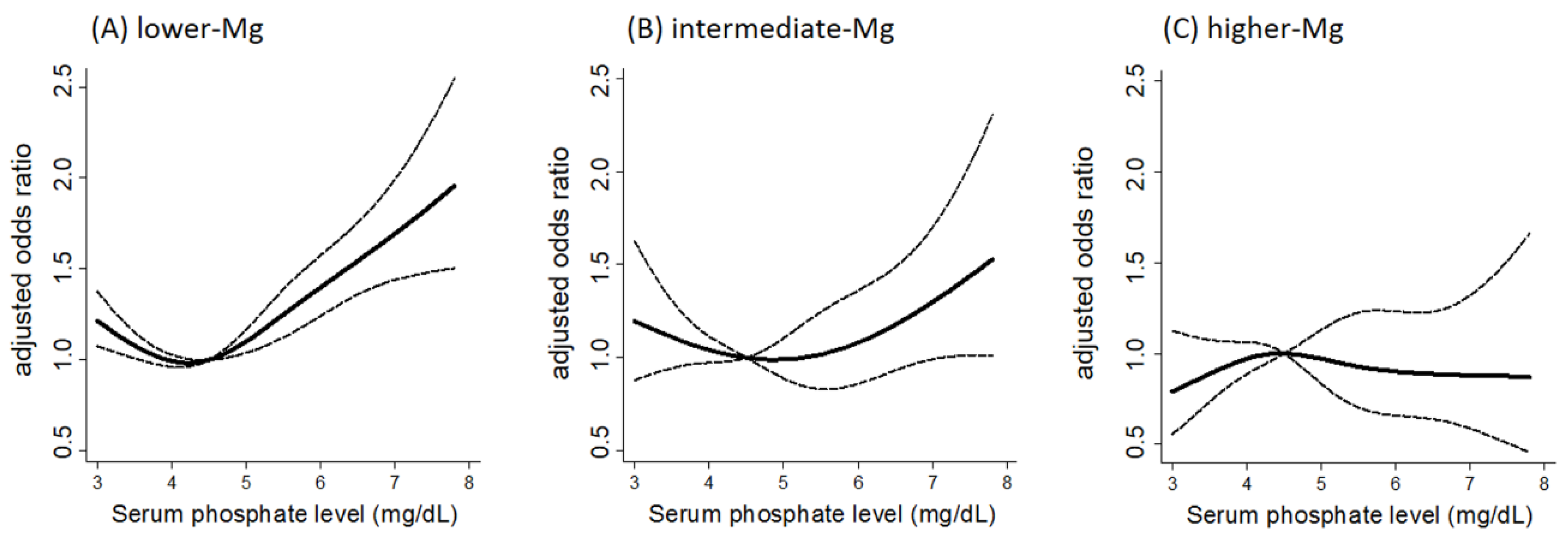



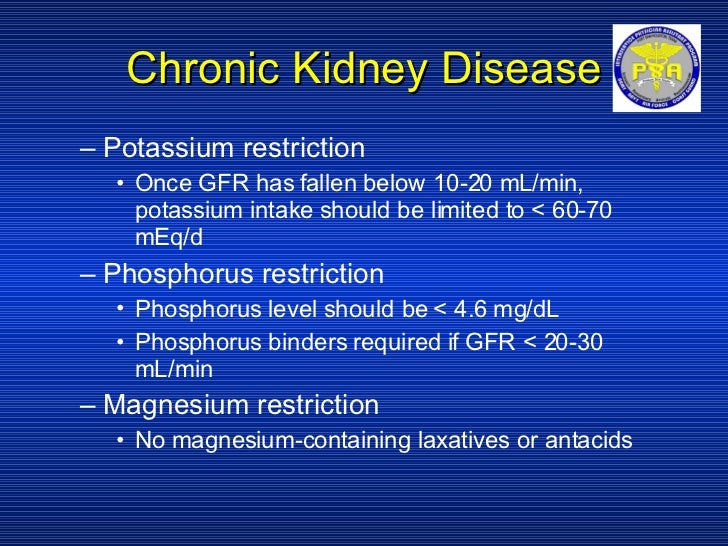
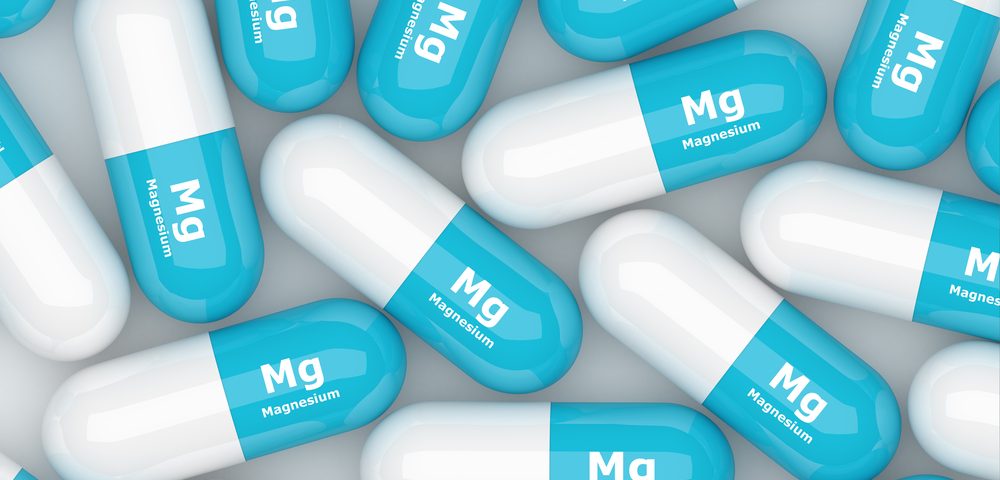








Post a Comment for "Magnesium And Kidney Disease"